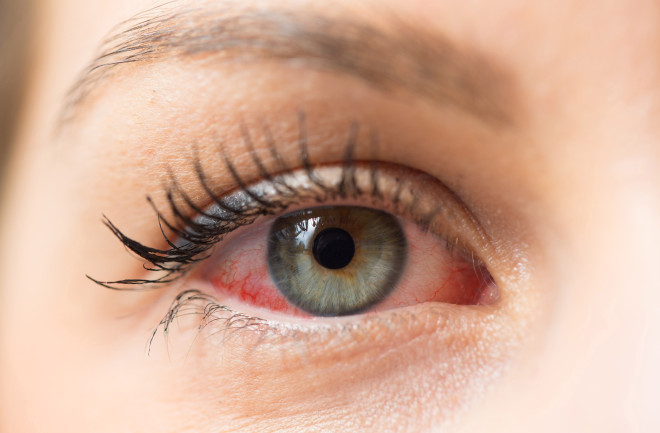For me, it was hornets.
One summer afternoon when I was 12, I ran into an overgrown field near a friend’s house and kicked a hornet nest the size of a football. An angry squadron of insects clamped onto my leg; their stings felt like scorching needles. I swatted the hornets away and ran for help, but within minutes I realized something else was happening. A constellation of pink stars had appeared around the stings. The hives swelled, and new ones began appearing farther up my legs. I was having an allergic reaction.
My friend’s mother gave me antihistamines and loaded me into her van. We set out for the county hospital, my dread growing as we drove. I was vaguely aware of the horrible things that can happen when allergies run amok. I imagined the hives reaching my throat and sealing it shut.
I lived to tell the tale: my hives subsided at the hospital, leaving behind a lingering fear of hornets. But an allergy test confirmed that I was sensitive to the insects. Not to honey bees or wasps or yellow jackets. Just the particular type of hornet that had stung me. The emergency room doctor said I might not be so fortunate the next time I encountered a nest of them. She handed me an EpiPen and told me to ram the syringe into my thigh if I was stung again. The epinephrine would lower my blood pressure, open my airway — and perhaps save my life. I’ve been lucky: that afternoon was 35 years ago, and I haven’t encountered a hornet’s nest since. I lost track of that EpiPen years ago.
Anyone with an allergy has their origin story, a tale of how they discovered that their immune system goes haywire when some arbitrarily particular molecule gets into their body. There are hundreds of millions of these stories. In the USA alone, an estimated 18 million people suffer from hay fever, and food allergies affect millions of American children. The prevalence of allergies in many other countries is rising. The list of allergens includes – but is not limited to — latex, gold, pollen (ragweed, cockleweed and pigweed are especially bad), penicillin, insect venom, peanuts, papayas, jellyfish stings, perfume, eggs, the feces of house mites, pecans, salmon, beef and nickel.

